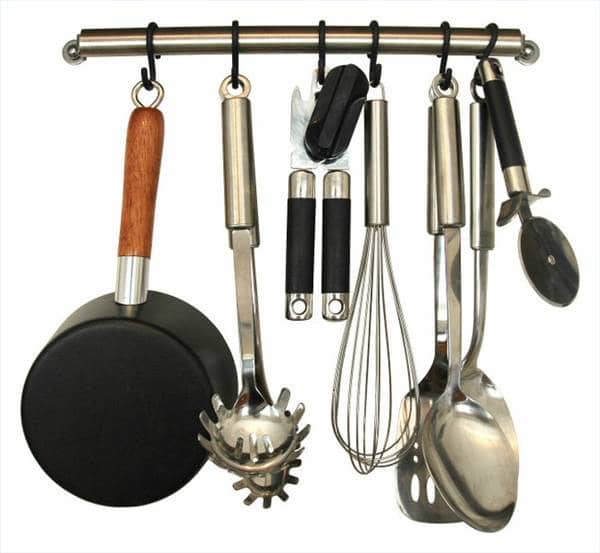
Looking for information on how to keep kosher? I often get emails and comments from readers asking about kosher cooking, so I decided to put together a basic overview of what it means to keep kosher. Part of my conversion to Judaism included learning about the kosher laws. I am by no means a kosher expert, but I do know quite a bit about the subject, and I’m happy to share what I have learned with you. Check out the links below to learn the basics. If you have a question, feel free to comment on my blog and ask!
The most well known law of kashrut, which you’ve probably heard of, prohibits the consumption of pork. However, there are many other laws involved in keeping a meal kosher, ranging from the type of meat served (no pork or shellfish) to how animals are slaughtered (kosher methods are considered more “humane”) to how food is prepared (as much blood as possible should be removed from meat prior to cooking) to what it’s served with (you cannot serve dairy with meat).
The degree to which a Jewish person will follow the laws of kashrut will often depend on their level of religious observance. Orthodox Jews follow the laws of kashrut very strictly. They have special kosher kitchens, and they keep separate dishes and utensils—one set for dairy, one set for meat. Conservative and Reform Jews are generally less strict about the laws, and most modern Jews feel free to pick and choose what works for them. For instance, many Jews will stay away from pork products, but wouldn’t think twice about ordering a cheeseburger. Some Jews will keep kosher on the Sabbath or during the High Holidays, but the rest of the time, it’s shrimp cocktails and ham sandwiches. For a set of laws that are pretty exacting, most modern Jews treat kashrut with varying degrees of flexibly.
That said, keeping kosher, like other Jewish traditions and customs, endures. Many scholars believe that traditions like keeping kosher are important, because they connect Jewish people to their sense of identity, their history, and their culture. Such traditions have kept the spirit of Judaism alive, even in the darkest of times.
I do not keep kosher personally, but the majority of recipes on my site are kosher out of respect for my Jewish readers. You can read more about my food philosophy in the About Me section. I include a Kosher Key on every recipe which puts it into the category of meat, dairy, pareve, or in rare cases Non-Kosher. On my site fish is considered pareve, which means it can be served with dairy, though some very strict kosher Jews will not mix the two. The majority of kosher Jews consider fish pareve. When an occasional non-kosher recipe is shared (usually a historical or vintage recipe or guest post), I do offer kosher modifications wherever possible. Everything is clearly marked.
To learn more about keeping kosher, check out these links:
Keeping Kosher:
What Foods are Kosher for Passover?
—
Recipes by Kosher Category:
—